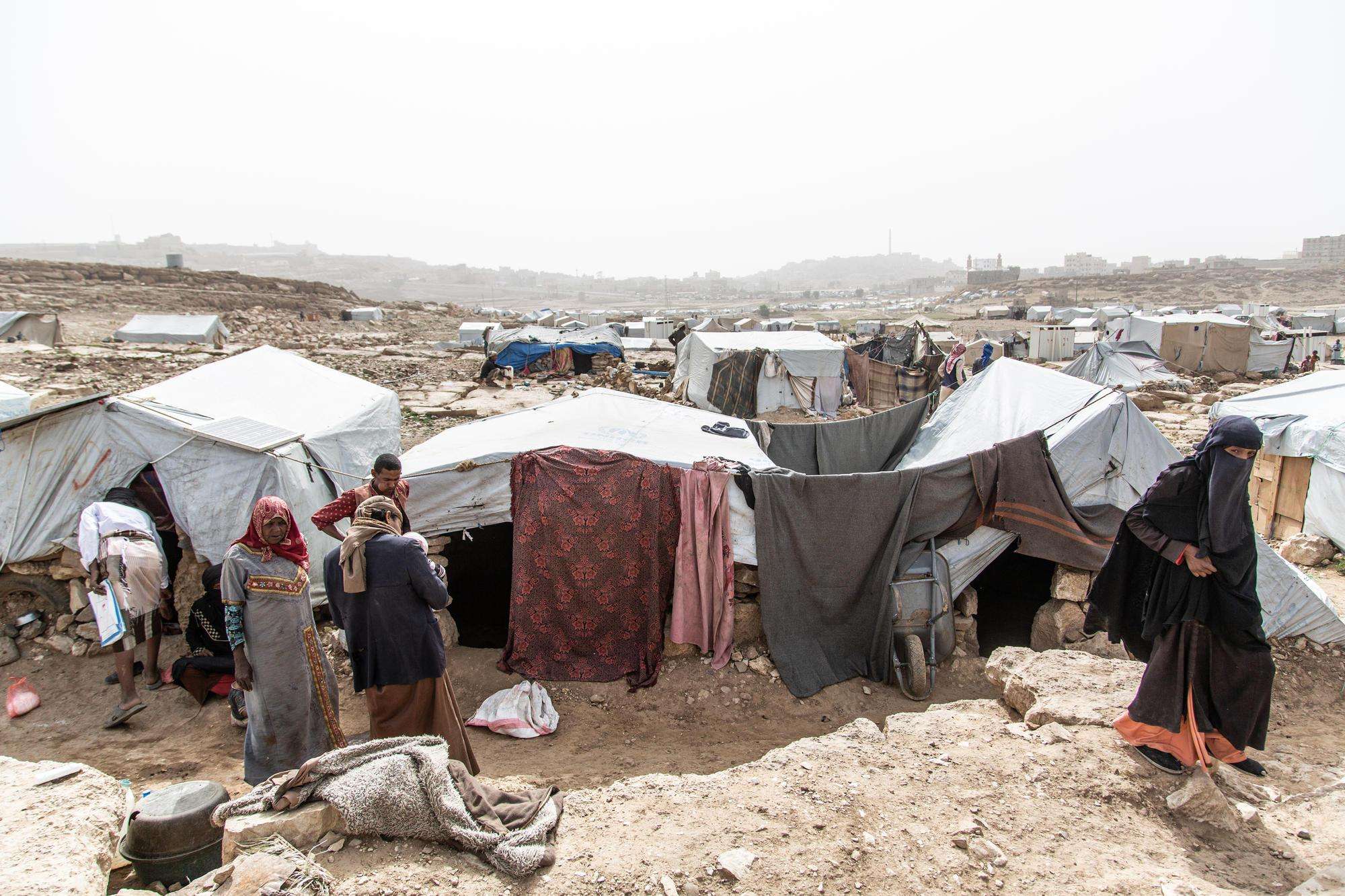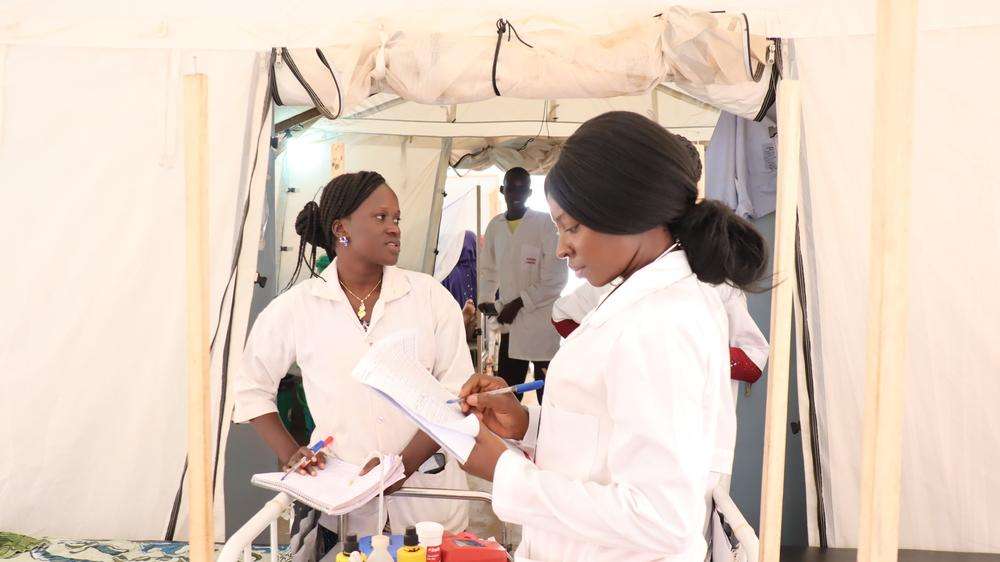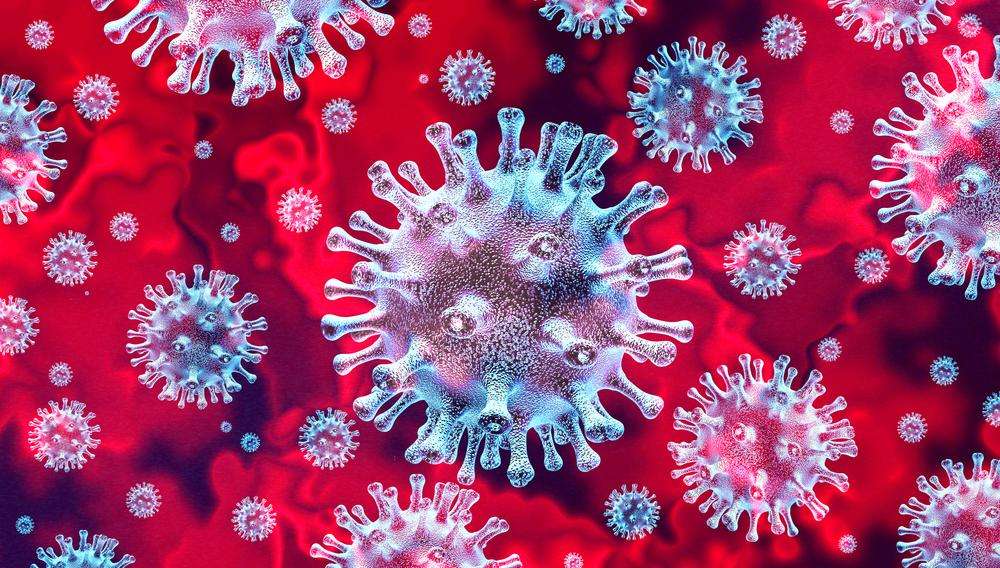Paris/New York April 10, 2020—With the first case of COVID-19 confirmed in Yemen today, the international medical humanitarian organization Doctors Without Borders/Médecins Sans Frontières (MSF) calls on Yemeni authorities to urgently allow the entrance of supplies and humanitarian staff into the country in order to facilitate a swift response to the outbreak.
While various authorities in Yemen have taken some steps to plan for a response to the COVID-19 pandemic, five years of war has led to the collapse of the health system, making an effective response to the outbreak almost impossible unless additional resources are allowed into the country.
“More personal protective equipment (PPE) and testing capacity urgently need to be imported into Yemen both for the national health system and for humanitarian organizations,” said Caroline Seguin, MSF operations manager for Yemen. “The different Yemeni authorities also need to allow the entry of key medical and support staff from foreign organizations.”
Despite the global shortage of PPE and tests, countries like Yemen—which are most vulnerable to the effects of a coronavirus outbreak—must not be forgotten when supplies are allocated, said MSF. Countries also need to help to facilitate the movement of humanitarian aid workers.
MSF has assisted authorities in Aden and Sanaa to set up a COVID-19 treatment center in both cities, but they are just two of a very limited number of treatment centers ready to operate in the country. Funding to pay healthcare staff is also inadequate.
The limited number of functioning hospitals and health centers in Yemen will exacerbate the spread of COVID-19 and the outbreak could become critical if additional support and measures are not facilitated quickly.
“While 90 percent of our staff in Yemen are Yemeni, extra support in the coming weeks and months will be vital for a workforce that is already badly overstretched,” said Seguin. “All staff entering the country would undergo 14 days of quarantine to prevent the further spread of the disease.”
The announcement of the first confirmed case in Yemen is a worrying but inevitable development – Yemen was one of the last countries in the world not to have registered any cases of COVID-19, probably because of a severe lack of testing capacity in the country.
Hospitals have struggled to meet the healthcare needs of people in Yemen throughout the war. The spread of COVID-19 will place enormous strain on an already broken system.
The disease could spread very quickly, particularly in overcrowded settings like cities and camps for displaced people. It will be difficult to respond if the outbreak reaches rural areas, where health facilities barely exist and there is little or no possibility of testing, contact-tracing, isolation and other public health measures, like social distancing, which have been implemented around the world.
The few hospitals and health centers that remain lack the intensive care capacity to treat the most critically ill patients. Hospitals will quickly become overwhelmed while still trying to treat casualties from the fighting as well as responding to other medical needs.
As well as assisting the authorities in treating COVID-19, it is essential that humanitarian actors like MSF are guaranteed access and can continue their emergency life-saving activities around the country, including care for pregnant women, people injured in the fighting, and children suffering from malnutrition.
Over the past few weeks MSF began collaborating with the various Yemeni authorities on their plans for the COVID-19 response. We will do our best to support the Yemeni people during this outbreak, but until we are able to bring further staff or supplies into the country, our capacity will be limited.
MSF has been continuously present in the Yemen since 2007 and currently runs projects and supports facilities in 13 governorates.






